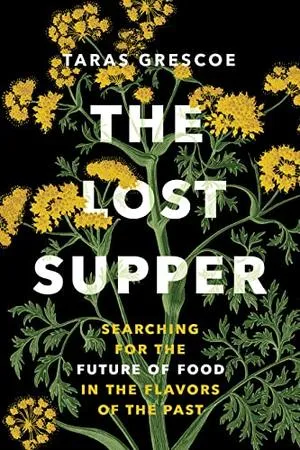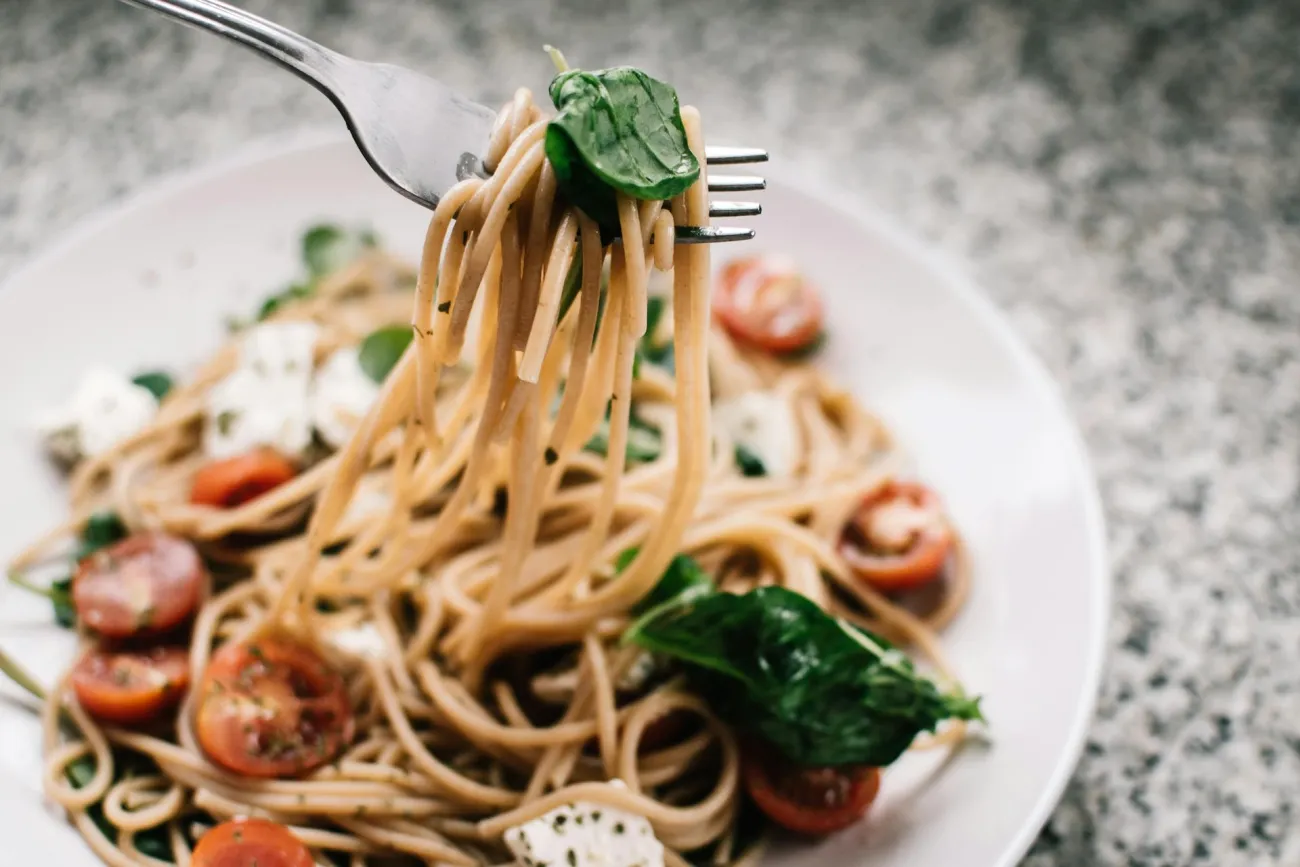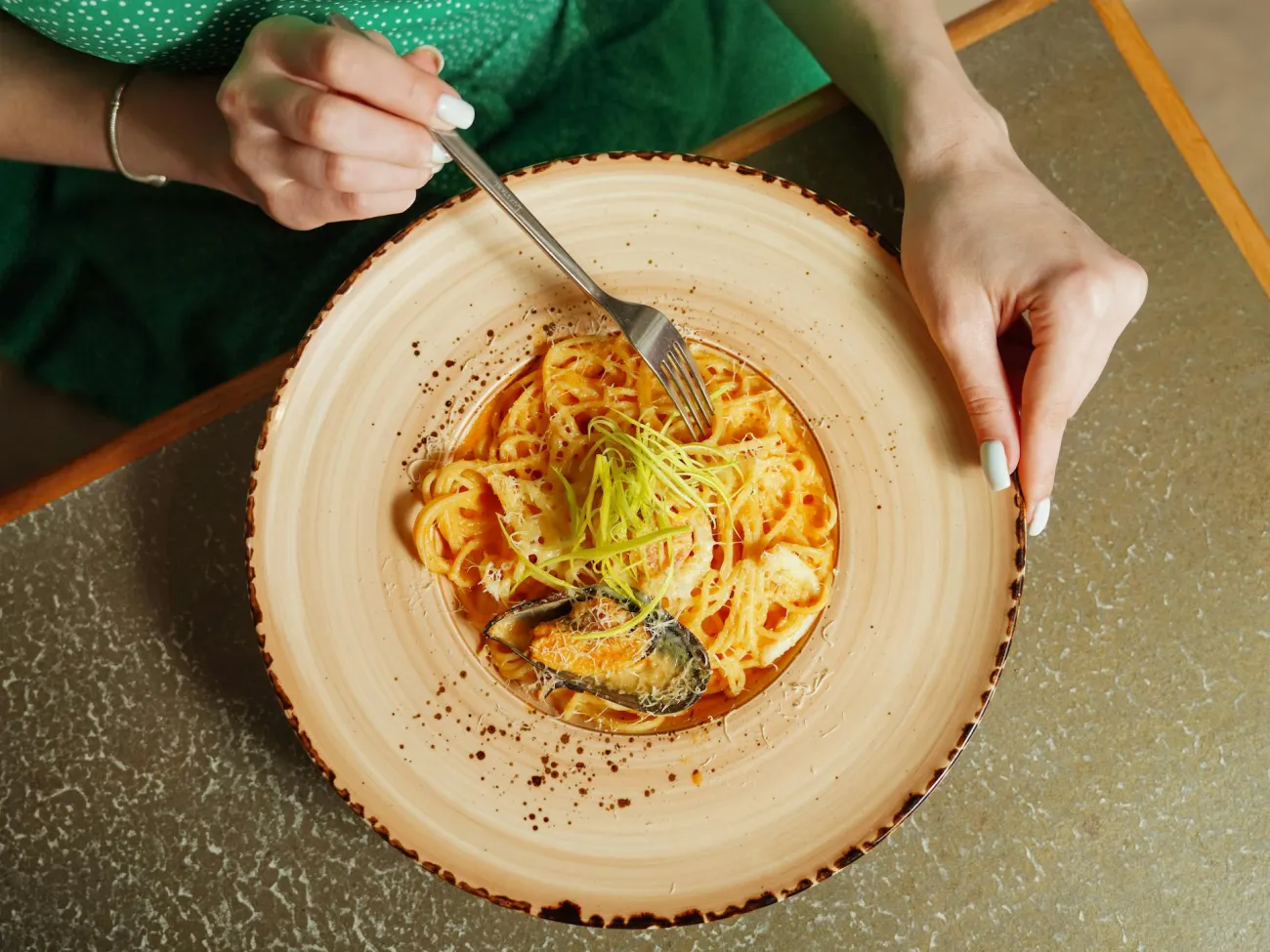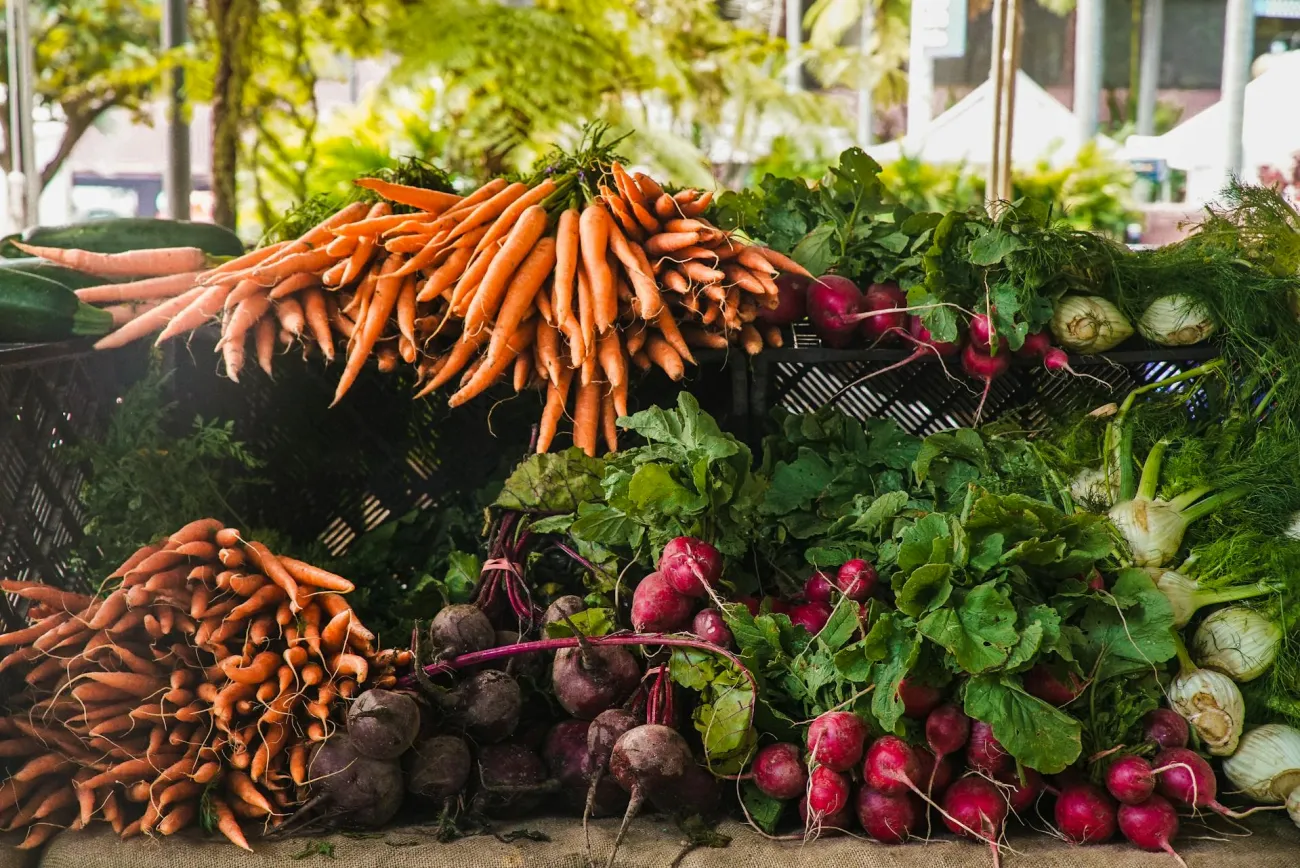Taras Grecoe looks into the history of agriculture, food production and consumption in order to understand how historical practices could positively shape a sustainable future food system. He argues that the future of food security, human health and biodiversity can only be reached by re-engaging with the culinary diversity of the past through radically diversifying the food of the future.

Summary:
Grecoe outlines how the same loss in biodiversity that can be seen in nature conservation can be seen in agricultural production and the human diet. He highlights how humans only grow a fraction of the crops they once did, that major food groups are derived from narrow gene pools and that the majority of calories we consume can be traced back to just four crops. This, he argues, is bad for the environment, bad for the crops which are left nutrient depleted and have lost resilience, and equally bad for our health.
Weaving an argument through ancient sourdough bread, raw-milk farmhouse cheese, pigs that are raised on secluded islands and wild olive oil, Grescoe sets out a provocative case that in order to save nature, we’ve got to eat it.
Publisher's Description:
Many of us are worried (or at least we should be) about the impacts of globalization, pollution, and biotechnology on our diets. Whether it's monoculture crops, hormone-fed beef, or high-fructose corn syrup, industrially-produced foods have troubling consequences for us and the planet. But as culinary diversity diminishes, many people are looking to a surprising place to safeguard the future: into the past.
The Lost Supper explores an idea that is quickly spreading among restaurateurs, food producers, scientists, and gastronomes around the world: that the key to healthy and sustainable eating lies not in looking forward, but in looking back to the foods that have sustained us through our half-million-year existence as a species.
Acclaimed author Taras Grescoe introduces readers to the surprising and forgotten flavors whose revival is captivating food-lovers around the world: ancient sourdough bread last baked by Egyptian pharaohs; raw-milk farmhouse cheese from critically endangered British dairy cattle; ham from Spanish pata negra pigs that have been foraging on acorns on a secluded island since before the United States was a nation; and olive oil from wild olive trees uniquely capable of resisting quickly evolving pests and modern pathogens.
From Ancient Roman fish sauce to Aztec caviar to the long-thought-extinct silphium, The Lost Supper is a deep dive into the latest frontier of global gastronomy—the archaeology of taste. Through vivid writing, history, and first-hand culinary experience, Grescoe sets out a provocative case: in order to save these foods, he argues, we've got to eat them.
Buy the book here and read more about diversifying the food system in our explainer on regenerative farming




Comments (0)